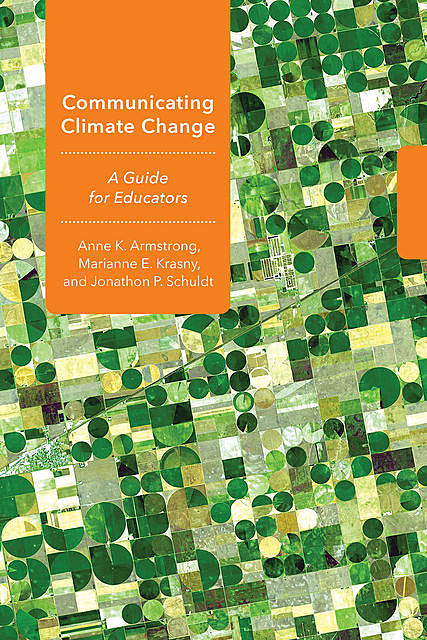
Read in our apps:
iOS
·Android
Communicating Climate Change
This book is currently unavailable
202 printed pages
- Original publication
- 2018
- Publication year
- 2018
Quotes
- Алина Лепёшкинаhas quoted4 years agoWhen viewers’ values aligned with the particular frames in the videos, they reported liking the video, trusting the messenger in the video, and they registered higher rates of intending to take forest stewardship actions and actions to address climate change.
- Алина Лепёшкинаhas quoted4 years agoThree types of values, altruistic (focus on the welfare of other people), biospheric (focus on the welfare of the environment), and egoistic (focus on oneself)
- Алина Лепёшкинаhas quoted4 years agoCommunication researchers have tied self-efficacy to climate change action. People feel a greater sense of self-efficacy and believe their actions will decrease climate change impacts if they receive messages that frame climate change in terms of what they gain from action versus what they lose from inaction
fb2epub
Drag & drop your files
(not more than 5 at once)

